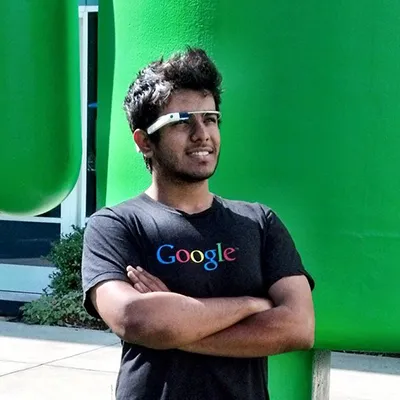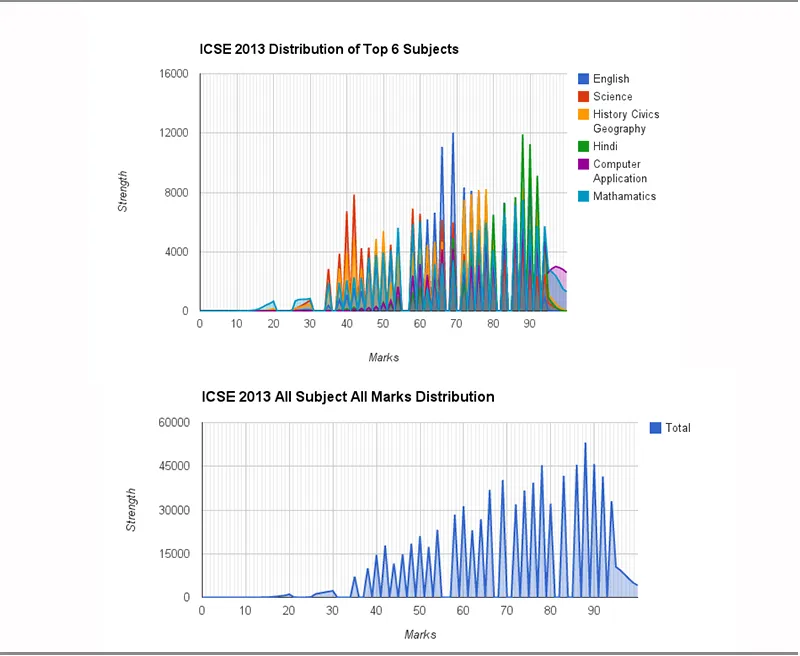[Techie Tuesdays] Debarghya Das - The genius who exposed the anomalies of the Indian education system

With an air of nonchalance, and strong views on education, Debarghya Das, sporting a spiked hairstyle, is still worried whether his TEDx talk went well or not. He says he is not the material for Techie Tuesdays, as he has not accomplished anything great and nor did he start writing code at the age of two.
Debarghya studies at Cornell University, is interning at Coursera and will be joining Facebook next year. He likes to talk about startups and dreams of having a convertible corvette. "This is my only materialistic dream," he says.
Talking about Coursera, Debarghya says this is one place where everyone he meets is smarter than him. Does he suffer from an inferiority complex in the office? Debarghya recounts the words from the Turing Award winner John Hopcroft who told him, "The best place to work is where you feel everyone is smarter than you, choose a job where people around you are smarter than you, then you know you are in the right place."
Last Year when CICSE results came out, a friend asked Debarghya whether he can find out their results before they are officially released. Though Debarghya could not do that, he took a look at the site code after the results were declared and discovered a pattern in the POST request which was being sent to their server, and parsing the result which were fetched from the server.
He soon wrote a script and started scraping the results of all the roll numbers based on the patterns. Debarghya says in a post on Quora.
"Acquiring the results of ICSE and ISC candidates looked extremely straightforward because the results page had no proper security mechanism whatsoever. Let me break down what the format of an ICSE or ISC roll number looks like:
ICSE: T/[4 digit school ID]/[3 digit student ID]
ISC: B/[4 digit school ID]/[3 digit student ID]
The school ID and the student ID are in linear order. There were several slight intricacies like school IDs for the same school were different for the different examinations. Eventually, it seemed like ICSE school IDs ranged from 4001 to 5568 and ISC school IDs ranged from 9001 to 9793. Student IDs always started at 001 and continued incrementally until the last student of that school. My task was merely to write a program which found these ranges and retrieved and stored all the results on my computer."
It wasn't until he crunched the data that he started seeing some patterns to it. The revelations were shocking. There were a lot of anomalies in the results. As he points out in his post on Quora,

- There were specific numbers, in no real pattern, that were missing for the distribution of all subjects achieved by all students. And these missing numbers were regularly interspersed on the number line. For example, 81, 82, 84, 85, 87, 89, 91 and 93 were visibly missing. I repeat, no one in India had achieved these marks in the ICSE.
- 32, 33 and 34 were visibly absent. This chain of 3 consecutive numbers is the longest chain of absent numbers. Coincidentally, 35 happens to be the pass mark.
- From the 66 numbers between 35, the pass mark, and 100, the maximum possible, ONLY 33 WERE ATTAINED.
- Let me repeat that, 50% of the possible pass marks were attainable in the ICSE. Here's a complete list of unattained marks -
- 36, 37, 39, 41, 43, 45, 47, 49, 51, 53, 55, 56, 57, 59, 61, 63, 65, 67, 68, 70, 71, 73, 75, 77, 79, 81, 82, 84, 85, 87, 89, 91, 93. Yes, that's 33 numbers!
This revelation subsequently got a lot of media exposure both nationally and internationally, with majority of them focusing on the hack instead of the anomalies in the system pointed out by Debarghya.
However, this is not the only thing about Debarghya which makes him stand out from the crowd. He has worked on a couple of projects which are being used by some of the best companies around the world. Around early 2012, Debarghya wrote a GUI for an orbit analysis and simulation tool for Violet, a high agility nanosatellite.
Later in the same year, Debarghya worked on Captor which was a prototype for YouTube captions creator which helps visually challenged people to enjoy the video. Last year during a LinkedIn hackathon, he also worked on YouMote, chrome extension which allows people to control YouTube playback on their desktop using a mobile device.
Talking about his Open Source contribution, Debarghya says he worked on Phabricator -- collection of open source web applications for software development and built the MemeGenerator. Recently, he also open sourced his XeLaTeX resume template which went viral on reddit and HackerNews.
Money is never a motivating factor for hackers, what motivates them is building things which people use and this stands entirely true in case of Debarghya. He talks about making a difference in the lives of people. This year, he worked in Cornell Robot Learning Lab to build PlanIt, which is a Machine Learning system to help robots chalk out their paths in human environments using data which is crowd-sourced.
Talking about his observations about Bangalore and Silicon Valley, Debarghya says, "I felt the obsession with the CEO/Founder title (in India) more than the passion for the product. And it is interesting because in the Valley I have met a few of the famous startups like Quora and Palantir, and the founders have never mentioned that they are the founders; they will say I work at this place or I am trying to build this place, but they will never say I am the founder or I am the CEO of this place."
Looking at the future, Debarghya says, "I want to be at a place from where I can see that I have made a tangible impact into enough people's lives."
We cannot agree more.
Follow Debarghya on twitter.


![[Techie Tuesdays] Debarghya Das - The genius who exposed the anomalies of the Indian education system](https://images.yourstory.com/cs/wordpress/2014/08/Deedy.jpg?mode=crop&crop=faces&ar=2%3A1&format=auto&w=1920&q=75)




